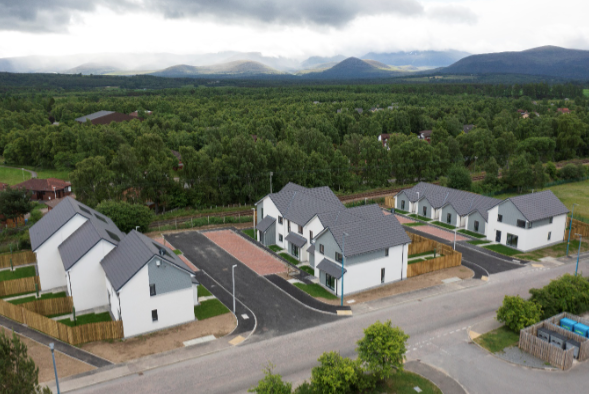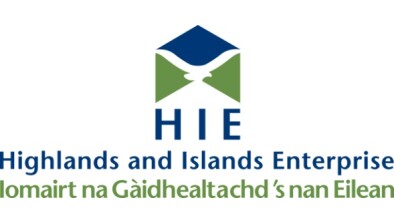Housing Summit to address housing challenge in the Highlands

The Highland Council has called a Housing Challenge Summit designed to bring together all parties from national and local government and private sector interests from across the fields of energy, housing development and commerce, to focus on the region’s ‘Housing Challenge’.
Highland Council declared a Housing Challenge following an event in November 2023 and agreed a number of strategic objectives in June 2024, with the aim of finding solutions to a Highland Housing Challenge.
The summit will be held today, 22 October, in Aviemore and delivered in partnership with Prosper, with sponsorship from SSEN, Burness Paull and The Scottish National Investment Bank (SNIB).
Housing minister, Paul McLennan will attend and address delegates in a Keynote speech.
He said: “I am pleased to be attending Highland Council’s Housing Challenge Summit and speaking with a range of stakeholders about how we work together to deliver the homes that people need. We know that tackling the housing emergency requires a joint approach between the Scottish Government, UK Government and local authorities and this summit will provide a valuable opportunity for stakeholders to come together to find ways to deliver more homes for communities across the Highlands.
“Good quality housing is essential to attract and retain people in our communities. We remain focused on delivering 110,000 affordable homes across Scotland by 2032, with at least 70% for social rent and at least 10% in our rural and island communities supported by our Rural and Island Housing Action Plan. Since 2021, we have invested over £180 million grant funding that has supported the delivery of nearly 2,000 affordable homes across the Highland Council area.”
Convener of The Highland Council, Bill Lobban who will chair the summit, said: “I am delighted to welcome the Housing Minister Paul McLennan, and over 100 delegates from a range of public and private sectors, whose input, together with Scottish Government and political representatives, will be invaluable to addressing the housing challenge in the Highlands.
“Affordable housing is an issue that is raised everywhere we speak to communities across the Highlands. For this reason, it is a high priority in the council’s Programme and Members have declared a Highland Housing Challenge.
“There are also many wider socio-economic benefits in providing more housing, including boosting the construction industry, regeneration of town centres and reversing depopulation of communities. The economic benefits continue over the longer term, through savings on housing benefit, and wider benefits including reduced homelessness, increased employment, and improved health benefits.
“Bringing the envisaged housing solutions to the Highlands is a key component of the economic growth required for the area in the next twenty years, helping us to seize important energy development opportunities, create benefits and sustain both our urban and rural communities.”
Chair of the Council’s Housing and Property Committee, Cllr Glynis Campbell Sinclair, summarised the challenges saying: “It is anticipated that 24,000 new houses will be required in Highland in the next ten years. This is around double that which would normally be built.
“The future demand for housing is based on an updated ten-year Housing Needs Demand Assessment, which incorporates economic modelling including potential increases in jobs connected to the development of the Inverness and Cromarty Firth Green Free Port.
Leader of The Highland Council, Raymond Bremner said: “Highland Council and its partners are on course to meet the challenge of building 24,000 houses, but over 20 years. To accelerate this will require additional investment of around £2.8 billion. The challenge will require public and private sector co-investment and significant increases in the supply of land for housing and development capacity.
“Some solutions to future housing supply can be addressed through benefits flowing from the Social Value Charter from Renewables and from future retained business rates relating to the Green Free Port, as well as legacy housing from energy and infrastructure projects.
“The next steps will be to seek collaborative action in the co-design and delivery of a strategic plan which addresses the housing needs in the short, medium and long-term future.”
Chief executive of prosper, Sara Thiam, added: “Housing continues to be a barrier to growth for many industries but it also underpins the quality of life of our people and impacts on our health, education and equality of opportunity so finding ways to overcome the various challenges will continue to be at the top of the to do list for government, industry and wider society.”
The summit will explore the council’s agreed objectives including levering finance from different means; finding varied mechanisms to build new housing; flexibility regarding the ownership of housing; and finding new ways to maximise the supply of land.















